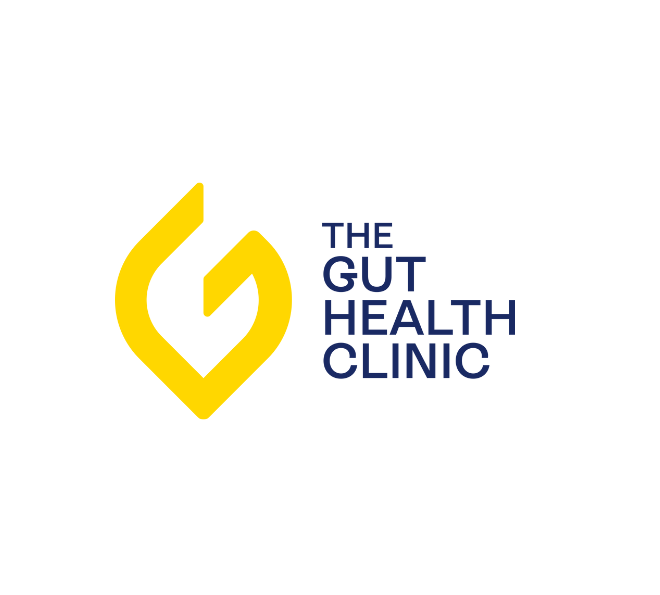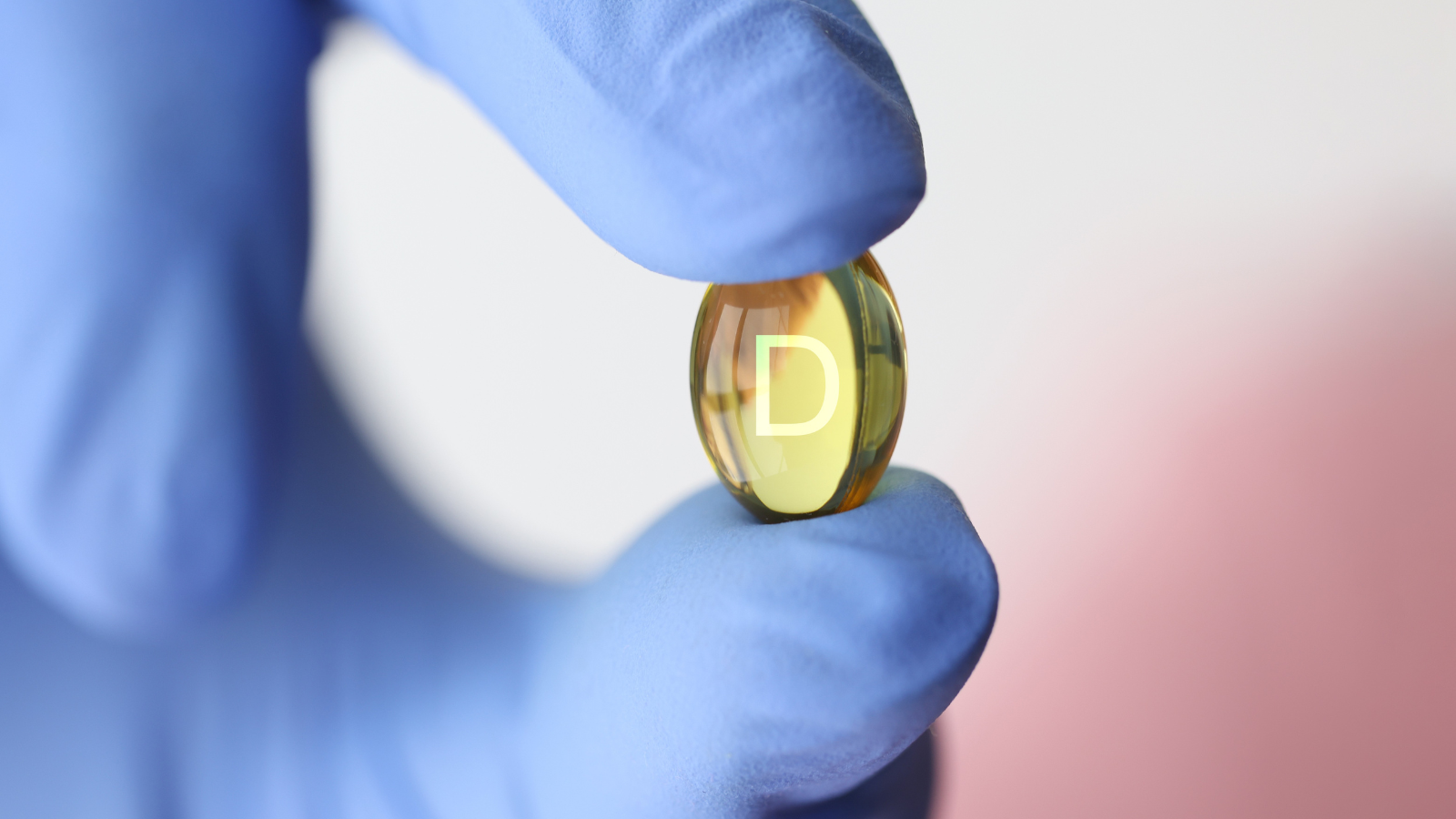
The Gut Health Clinic
Specialist expertise: Inflammatory Bowel Disease, Nutrition.
How do you know if you have a lack of vitamin D? The Gut Health clinic break down what symptoms to look out for, as well as what it means to have a calcium deficiency.

Vitamin D (25-hydroxyvitamin D) deficiency is measured by the blood test. According to research, almost 1 in 5 UK adults aged 19 to 64 years have a blood vitamin D concentration of less than 25 nmol/L, which is the threshold level considered necessary for protecting muscles and bones and reducing the risk of bone disorders such as osteomalacia (adults) and nutritional rickets (children).
Lack of vitamin D isn’t quite as obvious in adults. Signs and symptoms might include:
However, you may have no signs or symptoms of vitamin D deficiency.
People may be at a greater risk of having vitamin D deficiency if they:
Babies and children with low vitamin D can develop rickets which can result in permanent deformities to the bone, weaken muscles and reduce growth.
Adults with low vitamin D levels are at risk of osteomalacia. This makes the bones softer as the minerals needed to keep them strong cannot get into the bone. People with osteomalacia experience bone pain and muscle weakness. This can progress to osteoporosis- a condition that makes the bones weaker and more fragile and easier to break.
Deficiency in vitamin D is also associated with increased risk of autoimmune conditions and susceptibility to infections (2)
Only a few foods in the diet such as oily fish, egg yolks, meat, irradiated mushrooms, dairy and fortified foods such as dairy alternative products, some fat spreads and some breakfast cereals.
Vitamin D content of egg yolks and dairy can also vary depending on the season. For babies, formula milk (fortified by law) and other fortified milk products are a major contributor to vitamin D.
During the autumn and winter months, we do not synthesize vitamin D in the skin, and it is difficult for people to meet the recommendation of 10 micrograms (10 μg) per day.
Public Health England recommends that people should consider taking 10 μg of vitamin D throughout autumn and winter. At-risk groups, including people with darker skins from BAME groups, those who avoid being outdoors or cover their skin for religious reasons or live in care homes should take a daily 10 μg vitamin D supplement all year around.
Infants up to 12 months should be given a daily vitamin D supplement containing 8.5 to 10 μg unless they are having more than 500 ml of infant formula per day which is fortified. Children between 1 and 4 years should be supplemented with 10 μg of vitamin D per day throughout the year.
In terms of the best supplement, both vitamin D2 and D3 both raise concentrations of vitamin D in the blood; however, from available evidence vitamin D3 appears to be the more effective form (3).
Taking too much vitamin D over a long period of time can cause too much calcium to build up in the body. This can weaken the bones and damage the kidneys and the heart.
If you choose to take vitamin D supplements, 10 micrograms a day will be enough for most people as a prophylaxis.
The NHS recommends not taking more than 100 micrograms (4,000 IU) of vitamin D a day as it could be harmful (4)
Calcium is a mineral that does more than build strong bones and healthy teeth:
It is best to get enough calcium from food. If you are unable to meet your daily requirements from food alone, you top up your intake with Calcium supplement but ensure you speak to your doctor, pharmacist or dietitian beforehand.
Unfortunately, no functional marker to check one’s calcium status exists. Measuring blood calcium levels does not give an indication of body calcium stores.
Most people are unaware of what it feels like when they don’t have enough calcium. Even when you do not get enough calcium from your diet, your body simply takes it from your bones to keep blood calcium stable, which is maintained within a tight range, so your heart and brain continue to work well. Often the very first symptom of calcium deficiency is usually an unexpected fracture or teeth problems. Osteopenia and osteoporosis can also occur.
Some of other symptoms of calcium deficiency include:
If calcium deficiency is very severe muscle spasm or cramping, tingling, or burning sensation around the mouth and fingers, facial spasms and tics, seizures, and tremors can occur.
A wide number of foods contain calcium, but the amount of calcium provided per 100 g or per serving and how well it is absorbed (bioavailability) vary considerably. The bioavailability of calcium from milk and dairy is high (around 30%) compared to 5% from spinach. (5)
Spinach, dried fruits, beans, seeds and nuts contain calcium but they also contain oxalates and/or phytates which reduce how much calcium your body can absorb from them. Therefore, it is recommended that we do not rely on them as your main sources of calcium.
Many plant-based alternatives to dairy products in the UK have extra calcium added to them (fortified). It is important to check that the products you are buying contain added calcium as many organic products, for example, are not fortified.
Calcium-set tofu and calcium-fortified bread, as well as soya beans (bioavailability 30-40%) are good options to include as your main sources of calcium. Fish eaten with bones like tinned sardines is also a good source.
Things to look out when shopping:
Many people are at an increased risk for calcium deficiency as they age This deficiency may be due to a variety of factors, including:
Infants, children have the greatest need for calcium because of their exceptional rates of bone formation and growth.
Adults aged 19 to 64 need 700mg of calcium a day. The NHS recommends getting all the calcium you need from your daily diet.If you do need to take Calcium supplements, speak to your doctor or dietitian. Taking high doses of calcium (more than 1,500mg a day) could lead to stomach pain and diarrhoea and can be harmful (6)
References:
Here at OneWelbeck, we have a team of exemplary specialists, state of the art facilities and diagnostics, and highly competitive financial packages for self-funding patients as well as those with private health care.
Do you have a deficiency?
What causes it?
Which foods to eat
Supplements
What about too much Vit D?
Calcium
Contact us
The Gut Health Clinic team are gut specialist registered dietitians and join OneWelbeck to support patients with a wide range of health concerns from diabetes to digestive problems and women’s health.